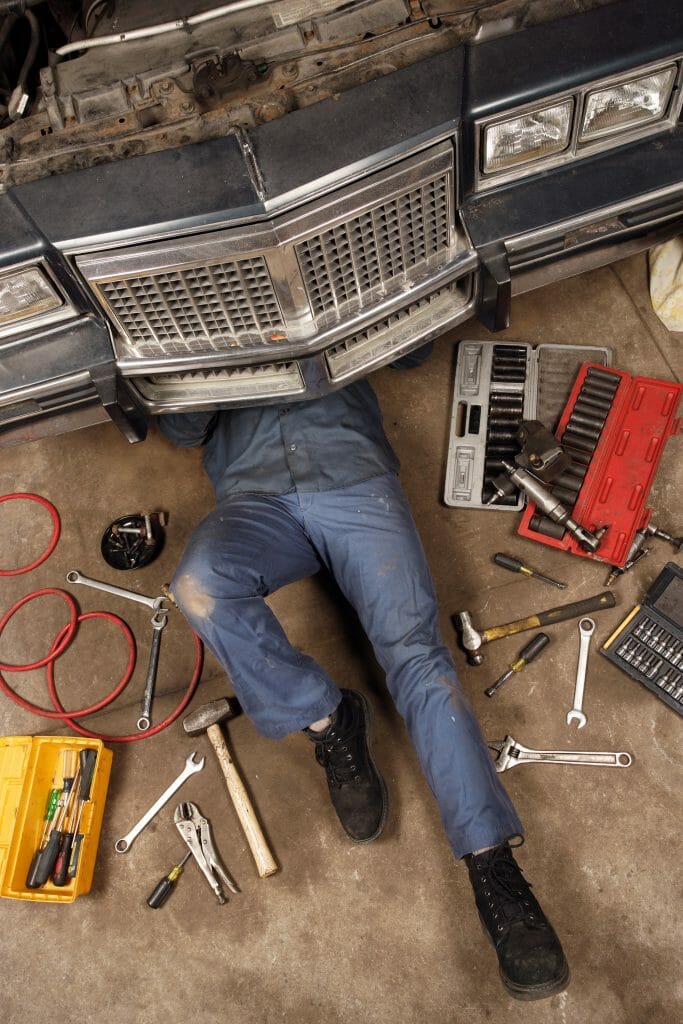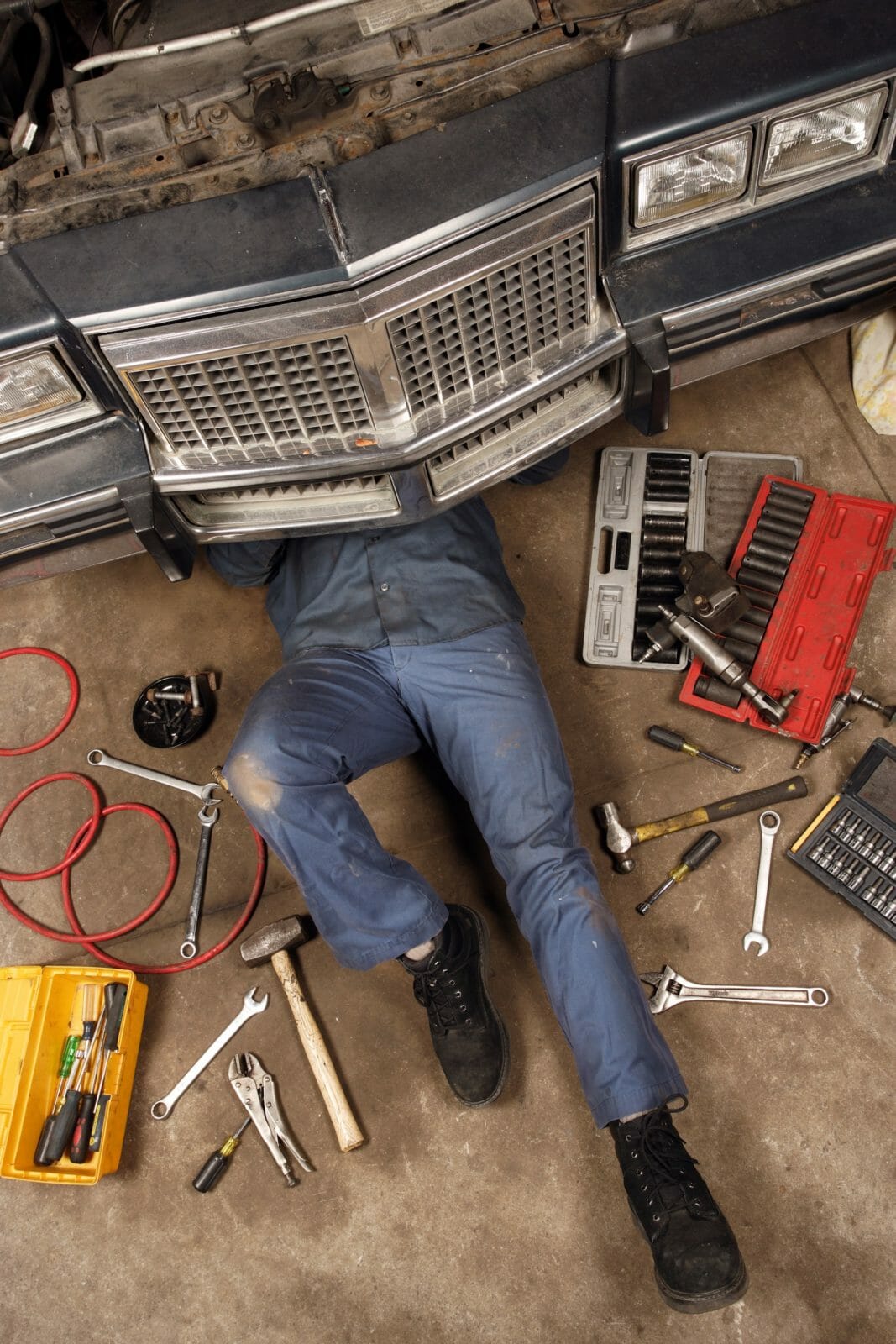The Costs of Hiring Illegal Aliens in Your Auto Repair Shop

 A number of industries are known for hiring a large number of illegal aliens in order to save money, and one of them, unfortunately, is the auto repair industry. A report, Unregulated Work in the Auto Services Industry in New York City, offers a description of how this trend operates in New York City:
A number of industries are known for hiring a large number of illegal aliens in order to save money, and one of them, unfortunately, is the auto repair industry. A report, Unregulated Work in the Auto Services Industry in New York City, offers a description of how this trend operates in New York City:
“Auto body and repair shops have undergone significant changes as a result of car computerization, the growth of national chains, and increasing competition from auto dealerships. But neighborhoods throughout the city are still dotted with small auto repair businesses, as well as “street repairs” where workers set up shop on strips in the Bronx, Queens, Brooklyn and uptown Manhattan. While technical knowledge is required (certain mechanics can earn $10 per hour), the skill level of most jobs is not so high as to prevent hiring off the street. Upward mobility in the industry depends on formal training and certification, which is largely out of reach for workers in informal shops. Wage and hour violations are likely for helpers in particular, and some repair shops may be misclassifying workers as independent contractors.”
Shops that employ illegal aliens can reduce their operating costs by paying them lower wages and no benefits and avoiding the expenses of workers compensation insurance and payroll taxes as well as the paperwork required by law. What’s more, by hiring people who are in the U.S. illegally, these shop owners have leverage over their workers who dare not complain about any treatment or risk being fired or even reported to Immigration and Customs Enforcement. Bypassing the protections offered employees according to U.S. law puts these shops at a competitive advantage as long as the work their employees do is good and they retain those workers.
There are built-in problems, however. While regulation can be a burden on a small business, following it lessens a business’ liability, and employing workers with the proper skills and certifications does help to maintain a shop’s overall quality of work. Further, there is often a language gap that results in communication problems between workers and customers and with supervisory staff. And, of course, illegal aliens do not have the same ties to the community or support that local workers do and are often more transient and unreliable as a result.
The existence of two sets of rules for two sets of employees, legal and illegal, can create further problems as well. While the shop owner saves money on employment costs, the workers he hires legally may resent the different expectations their bosses have of their legal and illegal workers, and they probably won’t enjoy having to communicate in a language other than English or having to deal with other misunderstandings between people of different cultures.
Legal workers will be called on to fix the mistakes of less skilled workers and take the shifts of workers who are out or have left without much notice. They won’t care that the shop is saving money, only that their jobs are harder. Resentment and dissatisfaction about unequal treatment will result in the shop losing better workers to other shops, and a downward spiral towards poorer quality work and conditions begins.
Finally, there are the legal and financial risks of hiring illegal workers. In the current political climate, those risks are larger than they have ever been, and in our next blog we will discuss those risks. Taking all of the above into account, is it worth hiring illegal workers in order operate more cheaply or fill the shortage of auto repair workers?


Responses